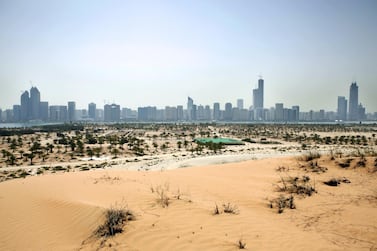I am an Indian resident who works in Dubai and lives in Sharjah. I want to understand a little more about the real estate law in Sharjah. I know Sharjah offers a 100-year lease, so if I want to transfer a property to my son will he get another 100 years on the lease, or only the remaining years? Also, what happens after 100 years? Does it just renew for another 100? And will he be able to sell the house to GCC buyers on a freehold basis? Finally, will the law change in the future for non-GCC residents to also own property in Sharjah on a freehold basis? SH, Sharjah
It is important to distinguish what leasehold actually means in terms of property. Where a property is leasehold, a buyer owns the building, villa or apartment but not the land it is built upon. The land remains in the ownership of the landlord (presumably in this case the Sharjah government).
Back in 2014, the Sharjah government made the move to open up its property market to all expatriate residents, allowing them to buy real estate in certain areas on the 100-year lease basis.
If you go on to sell the property or indeed transfer it, the new owner (in this case your son) will benefit from having the difference between the 100 years and the time you have owned the property. So for example, if you have owned the unit for two years, when you sell or transfer it, the buyer receives the property with a 98-year lease.
When the lease years reduce down to zero, in theory, the property goes back to the landlord but in reality this rarely happens because by then leaseholders will most likely have some legislation passed (as has happened in other countries) to extend the years on the lease by paying a certain amount. This amount will be determined in the future.
If you sell the property to another buyer, the property will always be sold as a leasehold unit regardless of who buys it.
With reference to whether Sharjah will ever offer freehold properties to non GCC nationals, the answer remains unknown. Only the rulers in Sharjah can effect this change. For now, only UAE or GCC nationals enjoy this privilege of owning freehold property in the emirate.
Mario Volpi is the sales and leasing manager at Engel & Volkers. He has worked in the property sector for 35 years in London and Dubai
The opinions expressed do not constitute legal advice and are provided for information only. Please send any questions to mario.volpi@engelvoelkers.com







